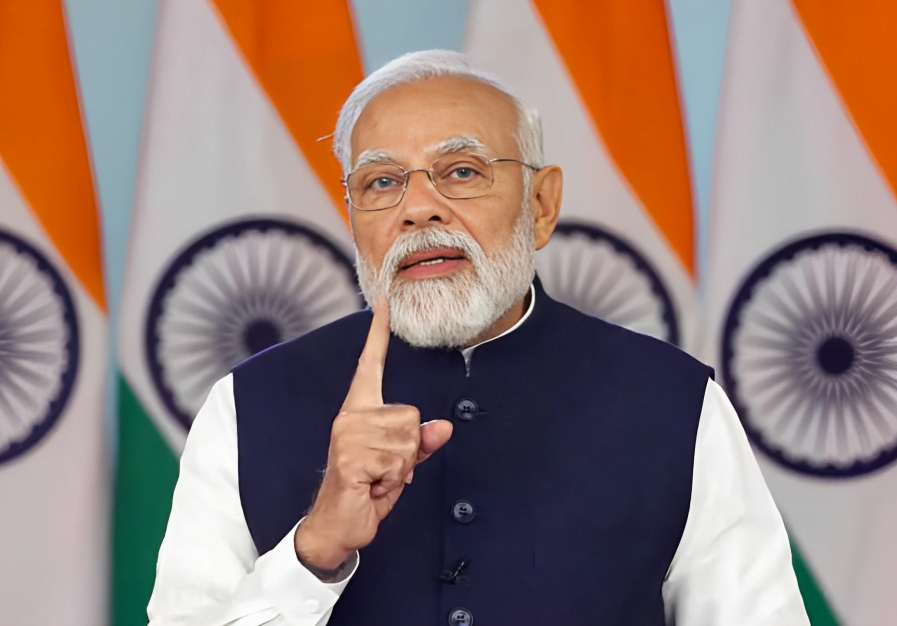
In a move that has set off alarm bells among telecommunications firms and social media users, the proposed Telecommunications Bill of 2023 by the Modi government is under intense scrutiny for granting unprecedented powers, allowing the government to unilaterally shut down any social media platform.
Critics are raising concerns over potential threats to freedom of expression and press freedom in India, as the bill, recently approved, hands authoritative control of telecommunications regulation to the Modi government. The apprehension is fueled by worries about the government’s historical handling of dissent and criticism.
Accusations by Tesla and SpaceX CEO Elon Musk in January 2023, alleging government pressure on Twitter to remove critical tweets, have only intensified worries about government interference in social media platforms to control the narrative.
February witnessed controversial raids on BBC offices following the release of an anti-Modi documentary, drawing widespread condemnation as an attack on press freedom. This incident underscored the growing unease surrounding the government’s stance on dissenting voices.
In March 2023, the suspension of Rahul Gandhi’s parliamentary membership for openly criticizing Prime Minister Modi highlighted the suppression of political opposition, sparking concerns about the erosion of democratic principles in India.
The international community, including Amnesty International, which closed its Indian offices in 2020 citing government pressure, is closely watching the situation. The use of anti-terrorism laws as a tool to curb press freedom raises global alarms.
As the Telecommunications Bill of 2023 approaches passage, a chorus of voices is calling for a thorough examination of its implications on freedom of expression and the press. The Modi government faces increasing pressure to address these concerns and ensure that the legislation strikes a delicate balance between national security and the preservation of fundamental democratic values.
Timothee Chalamet made a special appearance at the 2026 Actor Awards in Los Angeles, bringing…
In a shocking act that sets dangerous precedents, Iran’s Supreme Leader Ayatollah Ali Khamenei and…
In a fresh turn for Hollywood’s esteemed awards season, the 32nd Actor Awards marked its…
In the northern part of South Sudan, violence has escalated over the past two days,…
ISLAMABAD - Defense Minister Khawaja Asif expressed deep concern on Sunday regarding recent attacks on…
In response to mounting parental concerns over the impact of digital platforms on children’s well-being,…
This website uses cookies.